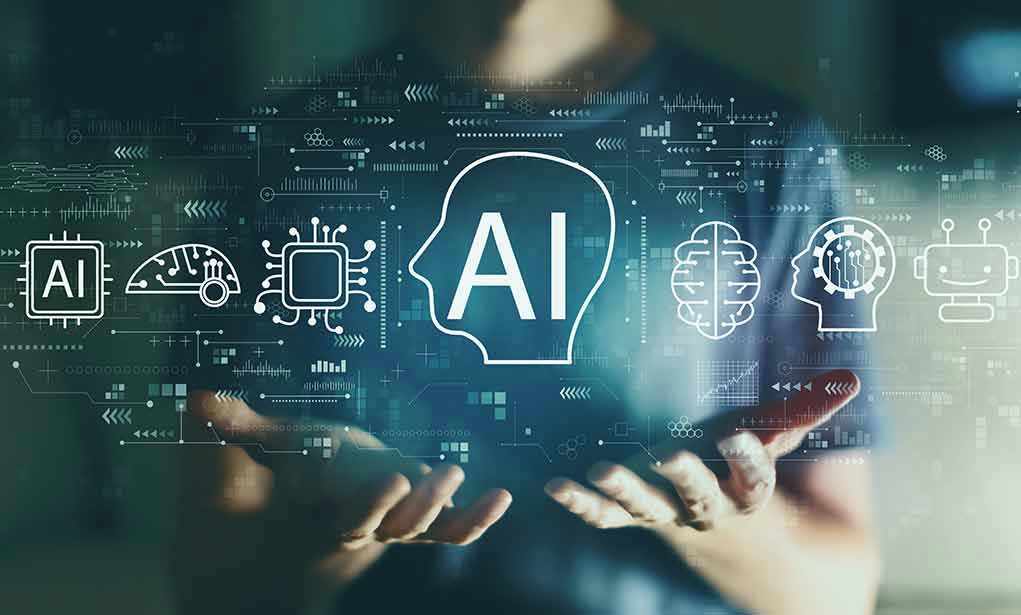
A new scientific study questions whether human intuition can withstand the disruptive force of modern technology, a concern for those valuing traditional expertise.
Story Highlights
- The study examines the potential of intuition in predicting future events.
- A symbolic illustration shows technology toppling traditional authority.
- The debate highlights concerns about AI’s impact on decision-making.
- Experts call for a balanced approach between intuition and technology.
Intuition vs. Technology: A New Study’s Findings
In May 2025, Nature published a study exploring whether human intuition can predict future events. The study is accompanied by an evocative illustration of a computer cursor toppling a king chess piece, symbolizing the disruptive potential of technology over traditional authority. This visual metaphor has sparked considerable debate, especially among those wary of technology’s encroachment on established expertise and decision-making processes.
The illustration highlights a critical concern: can human intuition compete with the precision of algorithmic predictions? As technology becomes increasingly embedded in decision-making, the study questions whether traditional forms of authority can withstand or complement the efficiency of data-driven approaches. This debate is particularly relevant for those who value the insights that come from personal experience and gut feelings.
The Symbolism Behind the Illustration
The choice of using a king chess piece in the illustration is deliberate. Chess, a game long associated with strategy and hierarchy, sees its ultimate authority—the king—being toppled by a digital cursor. This imagery underscores the tension between traditional forms of power and modern technological advances. The illustration is not just a simple meme but part of a broader scientific discourse on the implications of AI and automation.
Historically, chess has symbolized strategic thinking and power dynamics. The game itself has been disrupted by technology, notably when IBM’s Deep Blue defeated world champion Garry Kasparov in 1997. This event marked a turning point, showcasing the potential of machines to challenge human intellect, a theme revisited in the current study.
Impact on Decision-Making and Future Implications
The publication of this study has led to renewed discussions about the role of intuition in fields increasingly dominated by algorithms. Experts argue for a hybrid model that integrates human intuition with technological tools, suggesting that both can coexist and complement each other. This perspective could redefine how decisions are made in various sectors, from business to governance.
The broader implications of this study extend to economic, social, and political spheres. Economically, automation could disrupt traditional industries, while socially, there could be a shift in how expertise and authority are perceived. Politically, these changes might prompt debates over the regulation and ethical use of AI, emphasizing the need for a balanced approach to integrating technology into decision-making processes.
Sources:
TV Tropes, Chess Memes and cultural context
Nature, May 2025 study and illustration
Reason Magazine, Latest Discussions














